by Taryn Haas
I never took a moment to think about whether the methods were failing me, instead of the other way around.
Weirdly, my day job helped me out. I took a class on Agile project management, which is very popular in the tech industry, and it felt good in a way no planner had. Almost immediately I began implementing it for my writing projects. Now I coach others on creating a similar system for managing their own projects, with certain core elements.
But let’s take a second to break down just the novel revision task. Revision is huge -- it’s re-reading, then analyzing, then puzzling out what to do, and then actually doing it. Even those can be broken down much farther, and the more you break it down, the more it becomes obvious that this is not a two week project (at least for me). Without breaking it down, I’m setting myself up for failure because I’m not acknowledging everything that goes into that work.
All that to say, break your tasks down as far as makes sense. Get specific with them.
Nothing in that planning process considered what my life might actually be like in that time (to be fair, it can’t see the future). Maybe I’d end up switching jobs, or have a health issue.
Inevitably, I missed a goal date. Then came the flood of shame, disappointment, and frustration, all directed inward.
Now, I only set a due date for items that truly have one, like an application deadline, or when edits are due. My criterion is there has to be an externally-applied pressure or specific date to complete the thing. It can’t be me making up dates I have decided are when a thing should be done.
Now, I assign effort points to each task. This can be whatever you want, but I think the fibonacci sequence (1, 2, 3, 5, 8, 13) works well (don’t judge me!). For each task, I think about how much it will drain me both energy and time-wise. As an example, if I just have to change a character’s name, I might only give that 1 point -- it’s pretty easy, and doesn’t take much emotional effort to accomplish. On the other hand, writing a traumatic scene, even if it takes just as much time as changing the name, would probably get a 5. It tires me out far more than the name change does.
It takes some time to get used to doing this and, inevitably, you’ll be wrong. However, looking at my week, thinking of how much I think I can handle given how busy (or not) I am, and then choosing the tasks to get done -- well, that all feels way more in sync with my life than following prompts that don’t know me at all.
Those are the main points that have really helped my productivity and energy around creating. Now I create realistic goals with a much better understanding of each task and how much I can handle. It feels more honest and compassionate, which makes me more compassionate to myself and the way my brain both tracks everything but demands perfection.
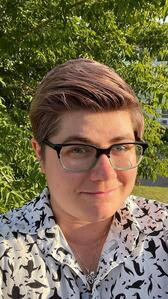
Taryn (they/them) is a Vermont writer with a passion for discovering what drives a story and the best ways to bring it out. They’ve written myriad genres, including fantasy, science fiction, and horror, and across formats and age ranges, from poetry to flash fiction to young adult to short stories. They have their MFA from Vermont College of Fine Arts in Writing for Children and Young Adults. When they’re not writing, they’re hanging out with their dogs, playing board games, climbing, or snowboarding.
Whatever those end goals are -- if you are just starting a story, struggling to finish one, or approaching the editing and querying process -- they are ready to meet you where you are to support and propel you toward it.
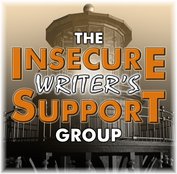
Every month, the Insecure Writers Support Group hosts a blog hop with an optional question meant to inspire and encourage other writers. Special thanks to founder Alex Cavanaugh and to this month’s co-hosts Janet Alcorn, SE White, Victoria Marie Lees, and Cathrina Constantine.
What turns you off when visiting an author's website/blog? Lack of information? A drone of negativity? Little mention of author's books? Constant mention of books?
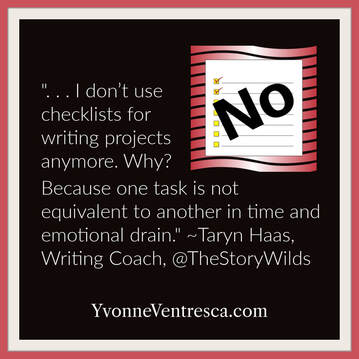
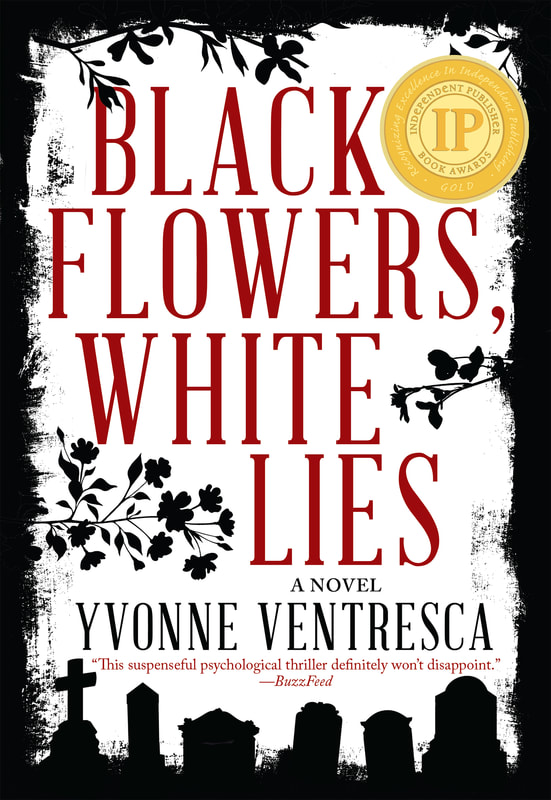
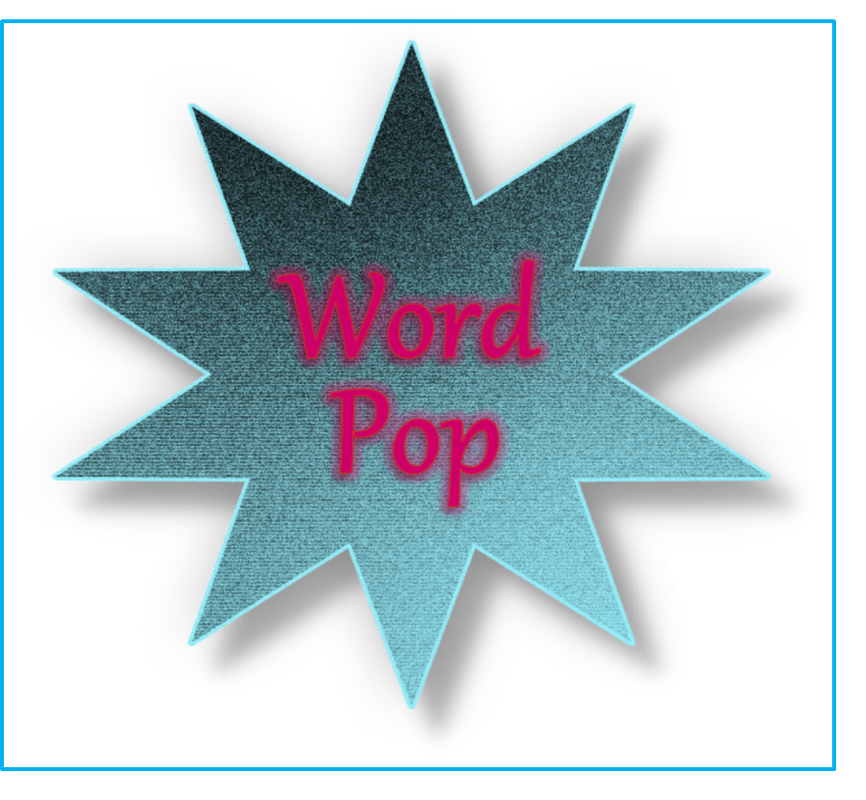
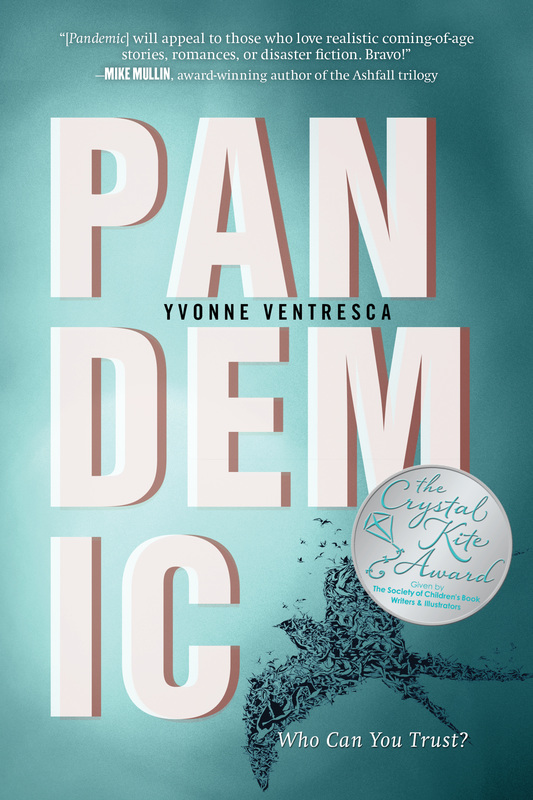
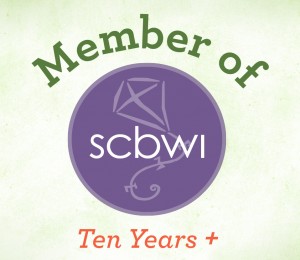

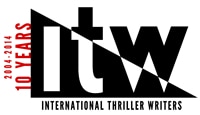
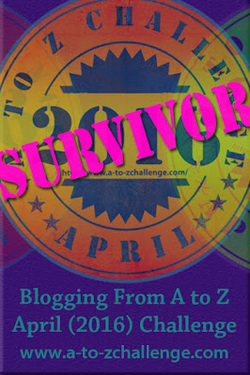

 RSS Feed
RSS Feed